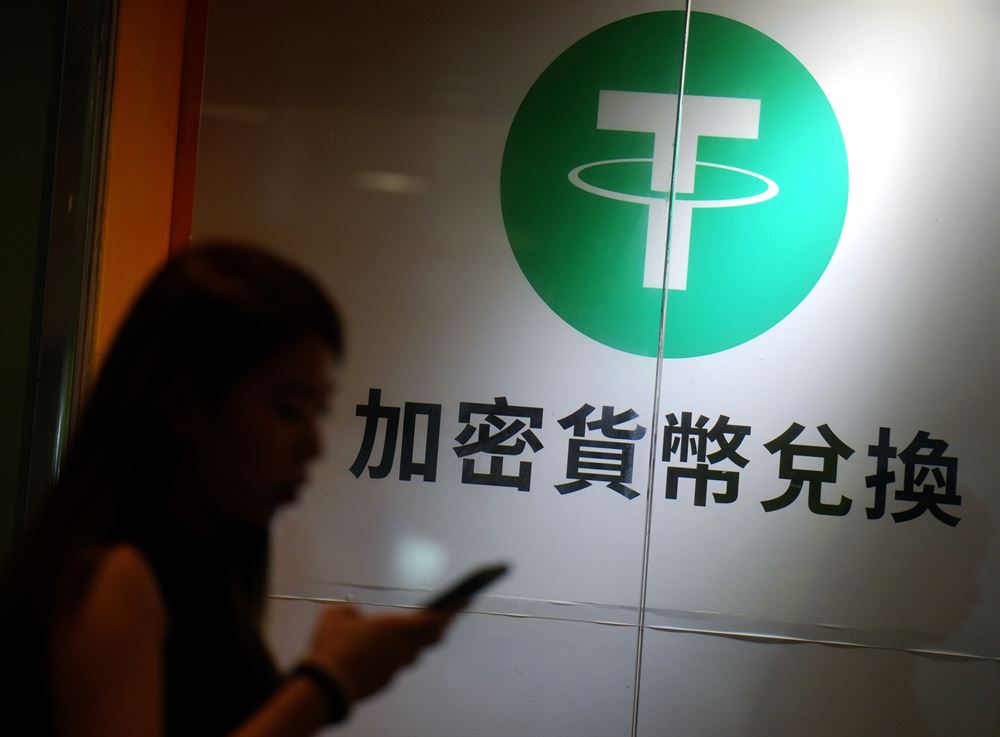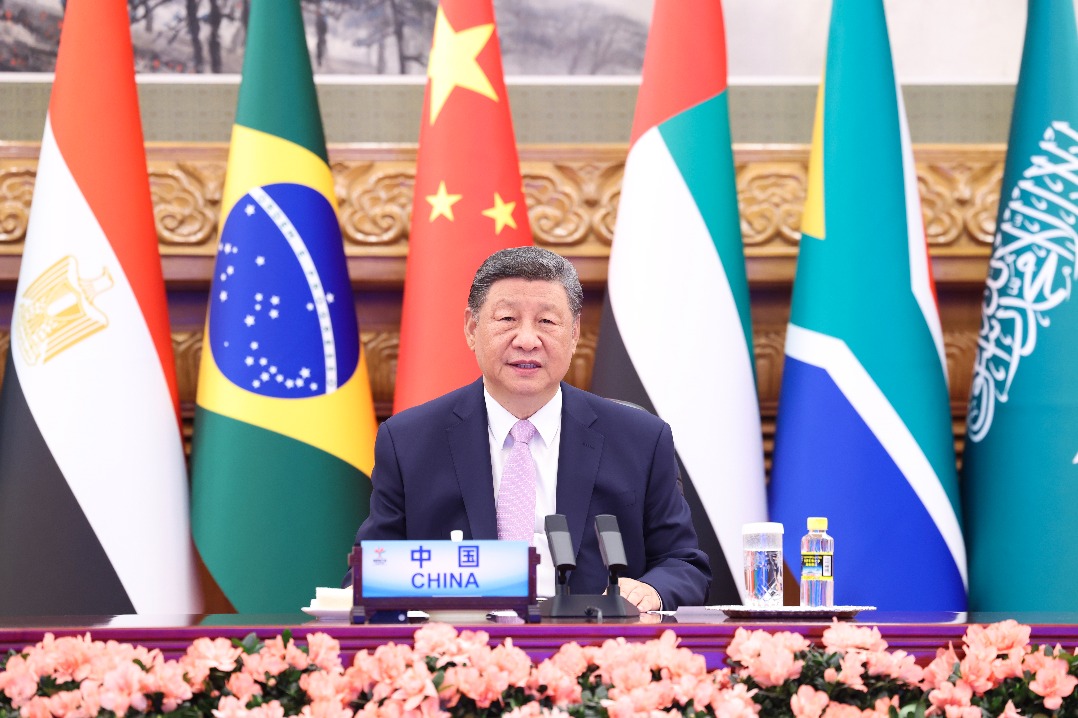HK's stablecoin bill seen to back cheaper, faster cross-border payments


Hong Kong, as one of the world's busiest trading hubs, is where money changes hands at an astonishing scale, with billions of dollars transacted daily in merchandise trade. But it's burdened with the same challenges confronting international trade when it comes to making payments — low efficiency, high costs, and lack of transparency.
Satoshi Nakamoto — an enigmatic figure linked to the birth of the cryptocurrency concept — came up with a remedy 17 years ago when he outlined a decentralized, secure, and efficient payment alternative in a paper titled Bitcoin: A Peer-to-Peer Electronic Cash System.
Hailed as the foundation of blockchain, his vision was to revolutionize global payments. But cryptocurrencies based on this technology, such as bitcoin and ethereum, have strayed from its original intent, evolving instead into instruments of investment and, often, speculation.
Analysts say it wasn't until the stablecoin — a type of cryptocurrency pegged to fiat or other stable assets — appeared that the promise of blockchain in making payments began to be realized.
After developing for more than a decade, the global stablecoin market is entering a new phase of regulatory clarity. Two of the world's leading financial pivots — the Hong Kong Special Administrative Region and the United States — have made great strides in establishing legal frameworks for stablecoin this year, paving the way for more sustainable, responsible growth and wider application of the blockchain-based asset in real-world scenarios.
Hong Kong's Stablecoins Ordinance, which comes into effect on Aug 1, treats stablecoin as a payment tool, echoing the approach taken by the US with its passage of the Guiding and Establishing National Innovation for US Stablecoins Act in mid-July.
Both laws aim to create regulatory certainty for stablecoin payment.
Pilot applications
The Stablecoins Ordinance has sparked interest among Hong Kong and international financial and technology firms since legislators gave the green light in May. Among the earliest to jump on the bandwagon are companies that joined the stablecoin issuer sandbox launched by the Hong Kong Monetary Authority in March 2024, including RD InnoTech, a subsidiary of RD Technologies, founded by former HKMA chief executive Norman Chan Tak-lam; Jingdong Coinlink Technology — the payments arm of Chinese mainland e-commerce giant JD; and a consortium led by Standard Chartered Bank (Hong Kong).
These enterprises are vying to secure licenses to operate as regulated stablecoin issuers under the new regulatory framework.
Jingdong is reported to be in the second phase of trials in the sandbox after completing its initial technical capabilities assessment. This phase involves inviting internal and external clients to explore use cases, particularly in cross-border payments and cryptocurrency transactions.
If the company gets the nod from regulators to issue stablecoin in Hong Kong, the initial rollout of these digital assets will be used to enhance the efficiency of cross-border settlements within JD's e-commerce ecosystem, where testing is already underway.
The e-commerce behemoth's push into stablecoin comes as it accelerates its global expansion in online shopping, warehousing and logistics, which is expected to drive greater demand for cross-border payment solutions.
RD InnoTech is exploring three primary use cases in the sandbox. Rita Liu Yu, CEO of RD Technologies, says the use of stablecoin in cross-border payments is a "catalyst" for its role as a medium in trading volatile cryptocurrencies and facilitating the tokenization of real-world assets, such as properties and equities.
As businesses and individuals increase their stablecoin pool through cross-border settlements or remittances, they'll naturally use them to purchase yield-generating products like eligible virtual assets or tokenized assets on exchanges, she says.
Liu is bullish about the HKSAR's potential as a global payment hub, citing its established status as an international financial and trade center with free capital flows.
In the short term, she says the company will anchor its operations in Hong Kong and leverage the city's networks to serve worldwide users, rather than hastily applying for stablecoin issuer licenses in other jurisdictions.
























